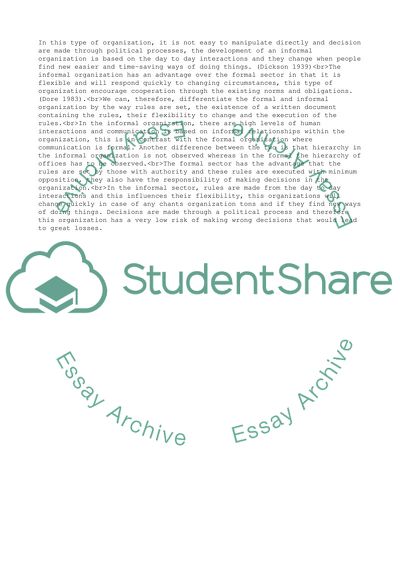Cite this document
(“What Is the Meaning of Business Organization Assignment”, n.d.)
What Is the Meaning of Business Organization Assignment. Retrieved from https://studentshare.org/business/1534159-business-organisation-essay
What Is the Meaning of Business Organization Assignment. Retrieved from https://studentshare.org/business/1534159-business-organisation-essay
(What Is the Meaning of Business Organization Assignment)
What Is the Meaning of Business Organization Assignment. https://studentshare.org/business/1534159-business-organisation-essay.
What Is the Meaning of Business Organization Assignment. https://studentshare.org/business/1534159-business-organisation-essay.
“What Is the Meaning of Business Organization Assignment”, n.d. https://studentshare.org/business/1534159-business-organisation-essay.


